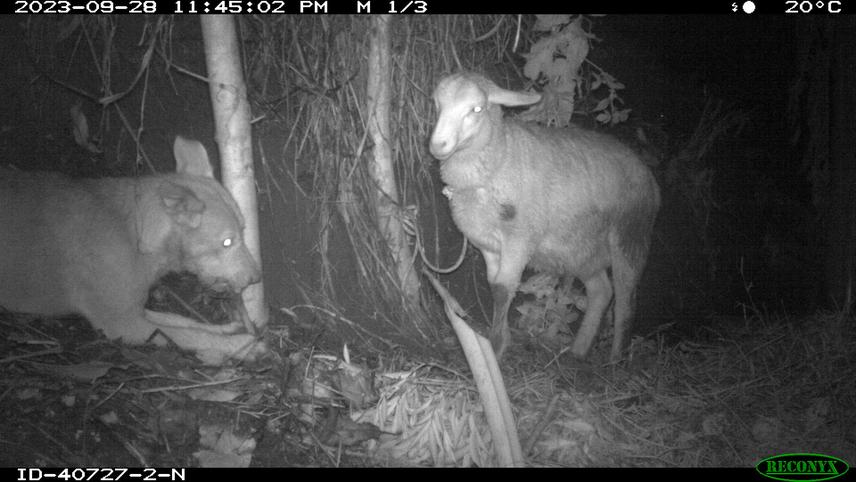Ezechiel Turikunkiko
Other projects
29 Jul 2020
Identifying Felids Ranging Out Park Boundaries, Assessing their Impacts on Community Properties Around Nyungwe National Park and Proposing Mitigation Measures
11 Jul 2023
Assessing The Factors Leading to the Frequent Livestock Killings towards the Protection of Carnivores in Gishwati-Mukura National Park and Biosphere Reserve
In many protected areas around the world, a lack of adequate community participation and incentives may be one of the factors preventing local communities from fully engaging in the management of wildlife outside protected areas. Long-term biodiversity conservation is supported by human-wildlife coexistence, which also includes the community-based protection of livestock-carnivore interactions and the socio-economic well-being of local communities surrounding the protected areas.
More than 60% of community households living near Gishwati-Mukura National Park and Biosphere Reserve are engaged in livestock husbandry (Fifth Rwanda Population and Housing Census, 2022 – NISR). The presence of diverse carnivore species has led to increased reports of livestock killings around Gishwati-Mukura National Park and Biosphere Reserve.

A feral dog confronts a sheep. © Ezechiel Turikunkiko.
Limited techniques and resources to support sustainable human-wildlife coexistence are among the major challenges facing the local communities surrounding Gishwati-Mukura National Park. Through a participatory action approach and community-based initiatives, this research project aims to inform and enhance best practices for human-wildlife coexistence, particularly with regard to protecting livestock and carnivores around Gishwati-Mukura National Park and Biosphere Reserve.
This research project will be conducted in 10 villages neighbouring Gishwati-Mukura National Park that have recorded high numbers of livestock killings from 2019 to 2024. Among these 10 villages, 5 will be selected randomly for additional interventions to determine whether actions taken in the communities lead to change. In the other 5 villages (the group without interventions), routine activities will continue with existing arrangements and techniques. This comparison will help assess the project’s effectiveness and identify areas for improvement in addressing livestock-carnivore issues. Data collection and reporting will be carried out in both groups to compare strengths and weaknesses and recommend necessary actions to improve livestock-carnivore conflict resolution, as well as broader human-wildlife conflict (HWC) solutions around GMNP.
This research project will also help improve monitoring techniques for carnivores roaming near communities through collaboration between park management and local residents; strengthen livestock guarding and reduce damages caused by carnivores and associated factors; and enhance local community engagement in human-wildlife coexistence around Gishwati-Mukura National Park and Biosphere Reserve.